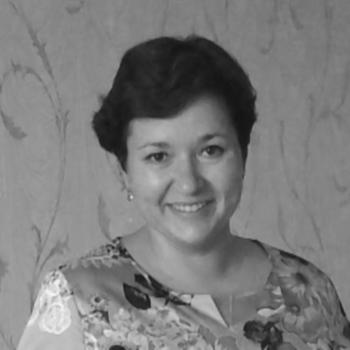Ekaterina Boltunova
Imperial Throne Halls and Discourse of Power in the Topography of Early Modern Russia (late 17th –18th centuries)
HSE Moscow
Russian Imperial topography of power i.e. monarchical representations in royal palaces (especially in throne halls), cathedrals, necropolis, administrative buildings was created in late 17th – 18th centuries. It was profound and elaborate, undoubtfully emperor-centered and deeply meaningful. During the presentation, I intend to analyze the function of Russian imperial representative space of Moscow and St. Petersburg in relation to religious and military discourses. The comparative evaluation of the data is to demonstrate how throughout the period in question in Russia shifts occurred in views on royal greatness and to show the continuity and to catalogue distinctive features in the Russian power perception that remained notwithstanding political and cultural change. In a wider perspective the talk targets the interrelations between building-up power space in Imperial Russia and the society’s cultural and historical memory creation.
Ekaterina Boltunova (PhD in History, 2003) is Associate Professor at the Humanities Department of The Higher School of Economics (Moscow, Russia). During her academic career, she as well lectured at the Russian State University for the Humanities (Moscow) and at Columbia University (New York). She has published over 60 articles as well as a monograph "The Guards of Peter the Great as a military corporation" [2010]) and edited two volumes of the Collection of Works of Russian Anthropological School (“Symbolic Forms of Power Representation") [2011]). Her current project explores Imperial/Soviet power discourse including the issue of historical memory creation in the 18th – 20th century Russia.

